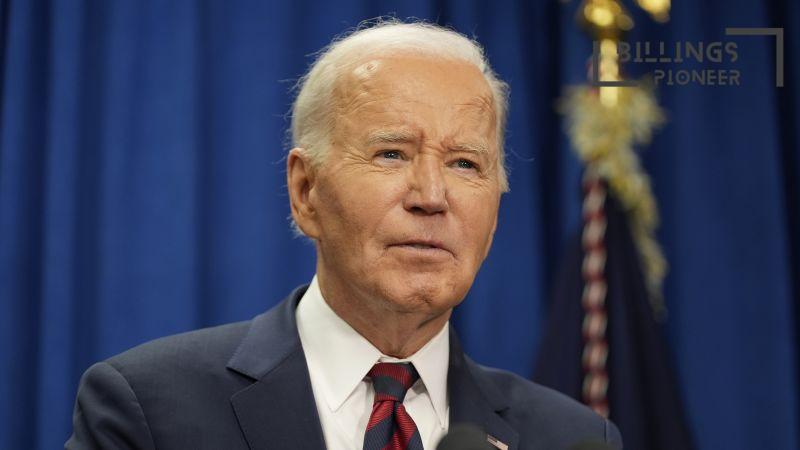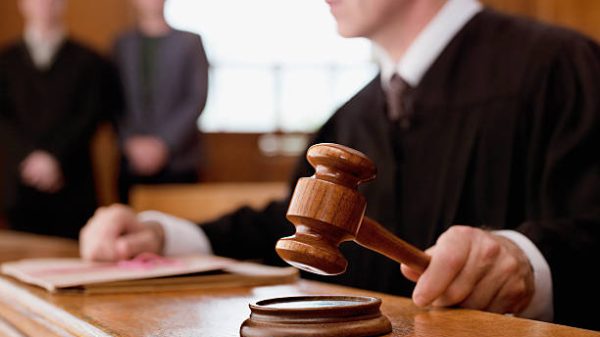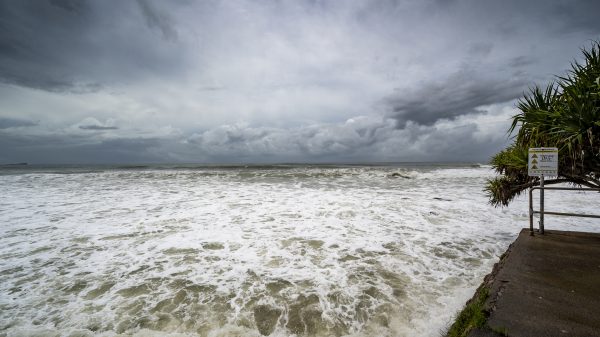In a surprising move just before leaving the White House, President Joe Biden granted preemptive pardons to several prominent individuals, including General Mark Milley and Dr. Anthony Fauci. This decision has stirred up discussions across the country regarding political accountability and the rule of law. With the transition of power to President-elect Donald Trump looming, these pardons aim to shield recipients from potential legal challenges that may be deemed politically motivated.
Washington: A Bold Move from Biden
On a day marked by significant political tensions, President Biden signed off on these historic pardons on Monday. The individuals granted clemency include General Mark Milley, who previously served as Chairman of the Joint Chiefs of Staff, and Dr. Anthony Fauci, who has been at the forefront of the nation’s battle against COVID-19. Notably, members of the January 6th House committee also received pardons, a bold step from the outgoing president as he sought to protect those he felt could be unjustly targeted for their actions. Biden noted that he felt these pardons were necessary due to what he described as “baseless and politically motivated investigations” that could arise in the future.
Protection or Implication?
When announcing the pardons, Biden emphasized that these actions do not imply guilt or wrongdoing on the part of the individuals. He expressed a strong belief in the rule of law and how crucial it is for the integrity of the government. While many praised the move, some critics viewed it as casting doubt on the actions of those pardoned. Congressman Kevin McCarthy was quoted saying, “It raises doubt on what they did,” highlighting the mixed feelings surrounding the pardons.
Lawmakers Stunned, Pardonees Grateful
The decision to pardon these individuals caught many lawmakers off guard. Some members of Congress, who had served on the January 6th committee, expressed their surprise at Biden’s actions. However, the recipients of the pardons were grateful, feeling a sense of relief amidst the uncertainty of their futures. Generals and former officials expressed appreciation for the president’s decision, which they hope will protect them from any potential repercussions as the new administration takes over.
Trump’s Reaction: Backlash and Condemnation
Trump and his allies wasted no time in criticizing the pardons, describing them as attacks on the justice system. They voiced concerns that such actions could undermine legal processes and accountability. Trump’s team has previously vowed to pursue investigations against those who were involved in the January 6th events, raising fears that these pardons could be seen as a preventive measure against politically motivated prosecution.
The Legal Landscape Moving Forward
Although the pardons provide protection from federal criminal charges, they do not extend to any congressional investigations that could arise in the future. Legal experts have shared mixed views on the effectiveness of these pardons, considering how they could influence ongoing and future investigations aimed at these high-profile figures. Some former officials from the Department of Justice expressed skepticism, questioning whether such preemptive measures would hold up in the face of ongoing scrutiny.
| Individual | Position | Pardon Reason |
|---|---|---|
| General Mark Milley | Former Chairman of Joint Chiefs of Staff | Protection from potential retaliation |
| Dr. Anthony Fauci | Director, National Institute of Allergy and Infectious Diseases | Shield from politically motivated investigations |
| Members of January 6th Committee | Congressional Committee Members | Prevent potential legal challenges |
Biden’s decision to issue these pardons has indeed sparked a whirlwind of conversation that extends from the halls of Congress to homes across the nation. As the political landscape continues to evolve, all eyes will be on how these actions play out in the coming days and years.











